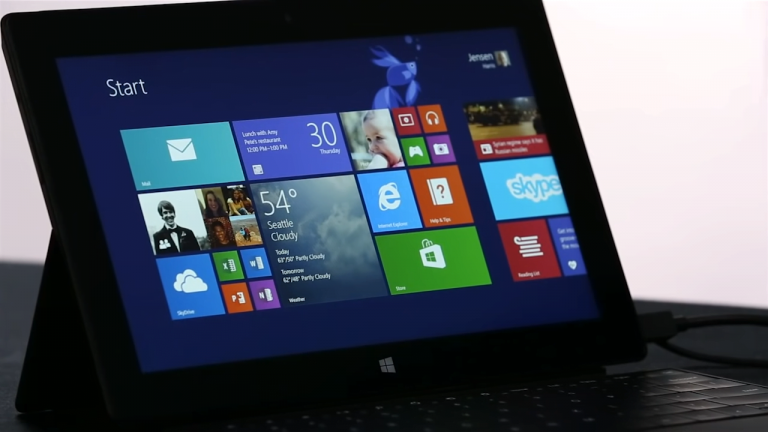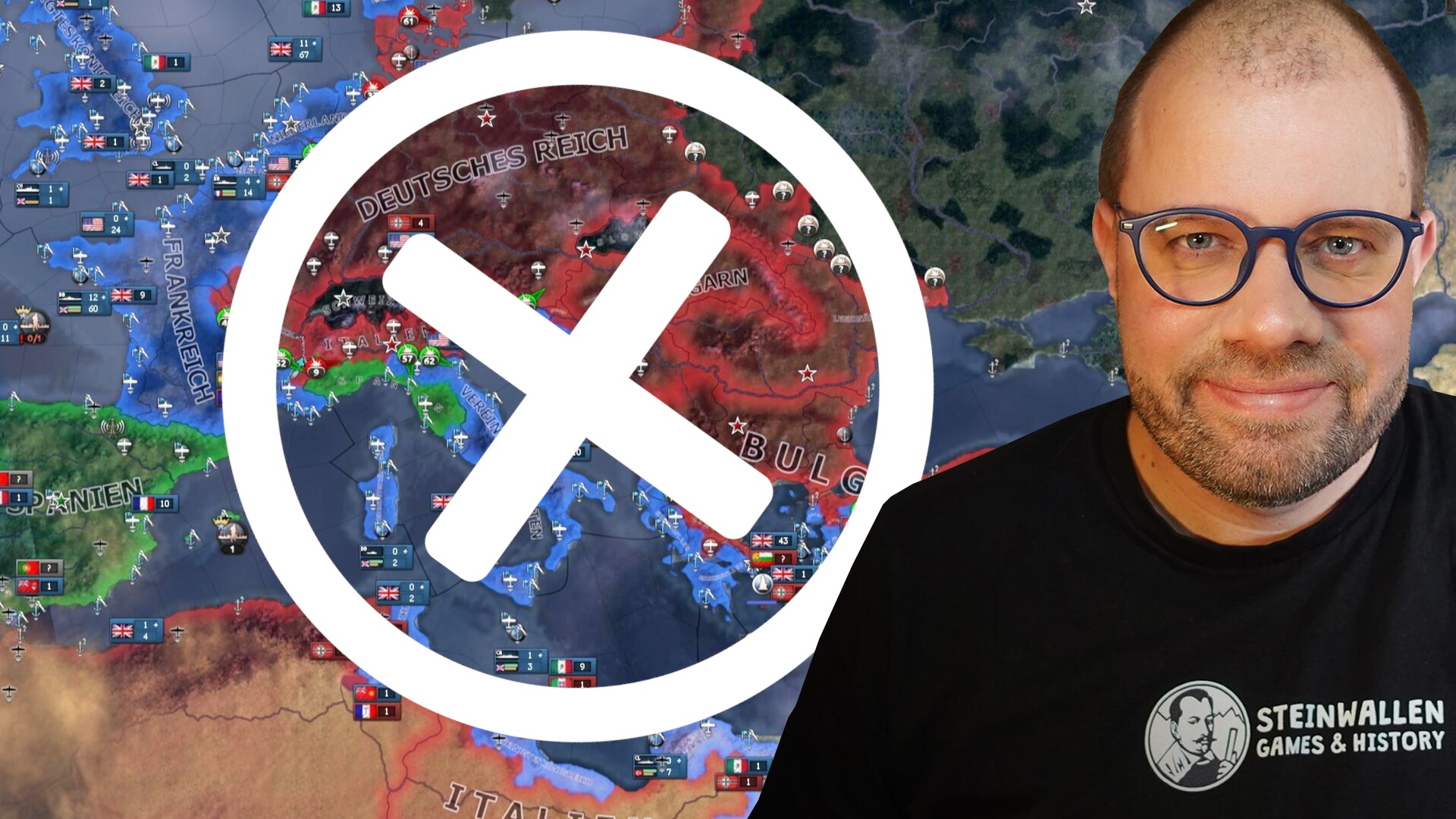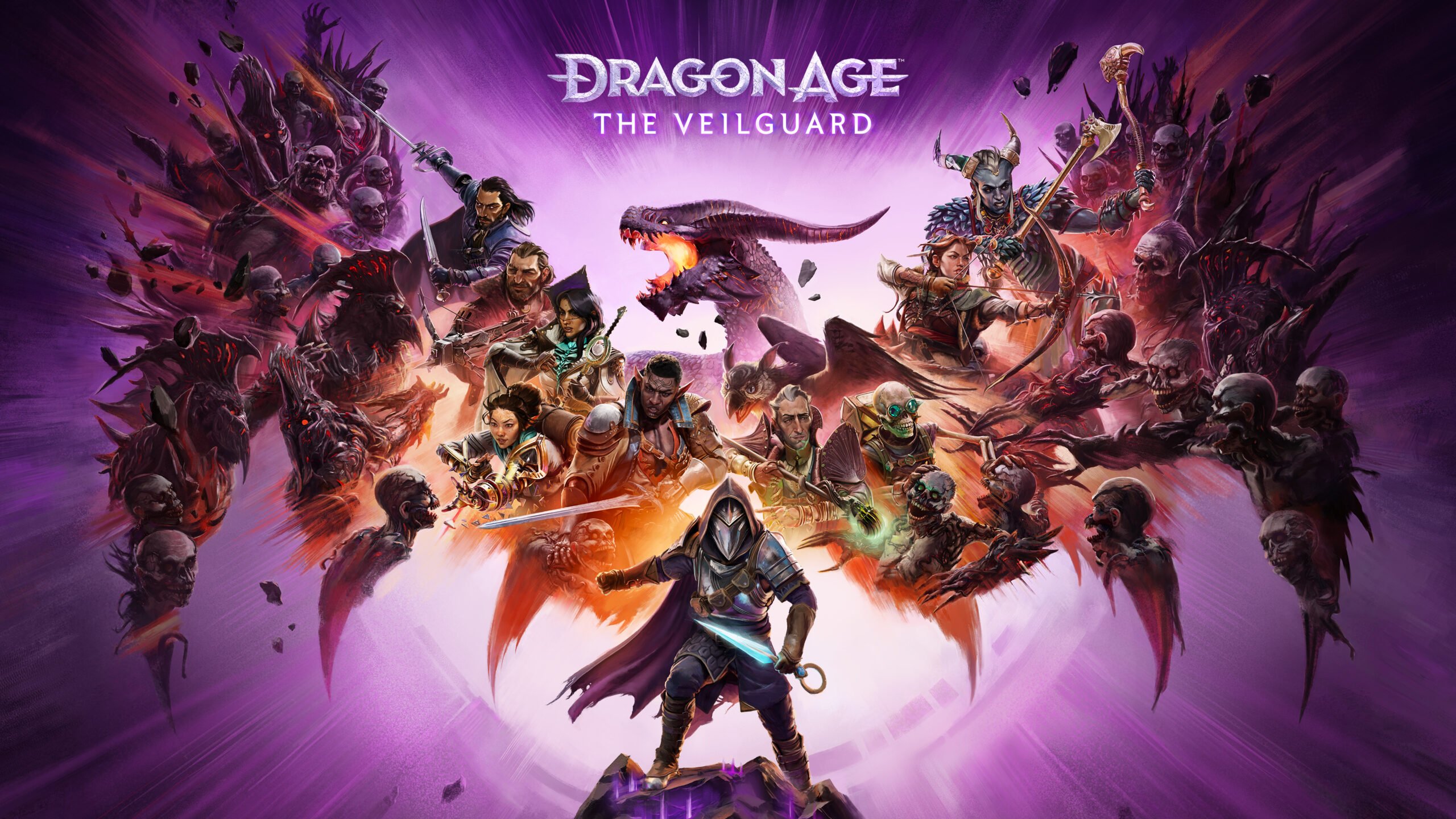news hardware One of the most hated Windows is (finally) executed by Microsoft
After Microsoft finally buried Internet Explorer a few days ago, Microsoft is preparing to end extended support for its Windows 8.1 operating system. Users will receive notifications six months after the deadline.
The end of extended support for an operating system usually means the end of its use under good conditions. More updates mean more patching of security holes, and therefore more protection against the many threats on the web. and Windows 8.1 expects this from January 10, 2023.
Windows 8.1, a long-planned end
So it’s a little over six months from now Microsoft will stop updating Windows 8.1an unpopular operating system that still has supporters. Last May, 3.06% of computers worldwide that were equipped with a version of Windows were still using Windows 8.1, according to StatCounter. For comparison: In the same month, Windows 7 was still present on 13.03% of the computers.

The few people still using Windows 8.1 will swap to get notifications on their computer from next July 10th. You will then be prompted to switch operating systems immediately. It has to be said that surprise is rather misplaced at the announcement of the end of support for Windows 8.1, since Micros oft fixed the fate of this operating system in October 2016
What happens after January 10, 2023?
The end of extended support for Windows 8.1 doesn’t mean that the machines still equipped with it at this point will happily self-destruct. Unlike Internet Explorer, which can no longer be accessed, The operating system will continue to work on computers where it is present. Only updates are then no longer possible.
Software and services compatible with Windows 8.1 are also becoming rarer as they are also no longer updated. In general, the end of extended support for an operating system motivates third parties to stop offering their solutions on that platform.. In short, Win 8.1 is slowly but surely becoming completely obsolete. But as with all versions of Microsoft’s system, there will always be a small drag: proof 0.39% of users still have Windows XP on their PC.
For Windows 8.1 users, it’s the tile!

The need to checkout
Therefore, the most relevant solution is to switch from Windows 8.1 to Windows 10, as long as the computer is compatible. It is highly unlikely that the computer will be technically able to upgrade to Windows 11unless you have Windows 8.1 installed on a newer computer, which seems like an odd choice.
In any case, affected users need to get their hands on the wallet, as Microsoft does not offer a free update to move from Windows 8.1 to another of its operating systems. Enough to motivate those who are reluctant to change to keep their current interface…








